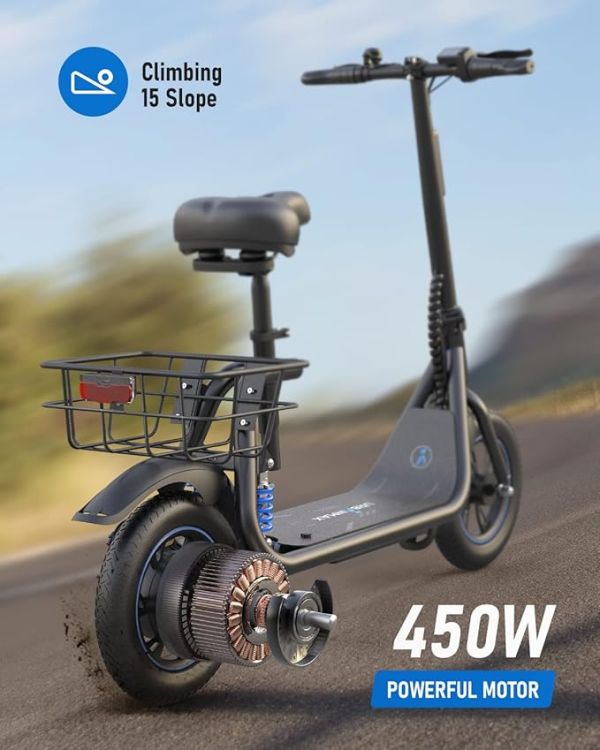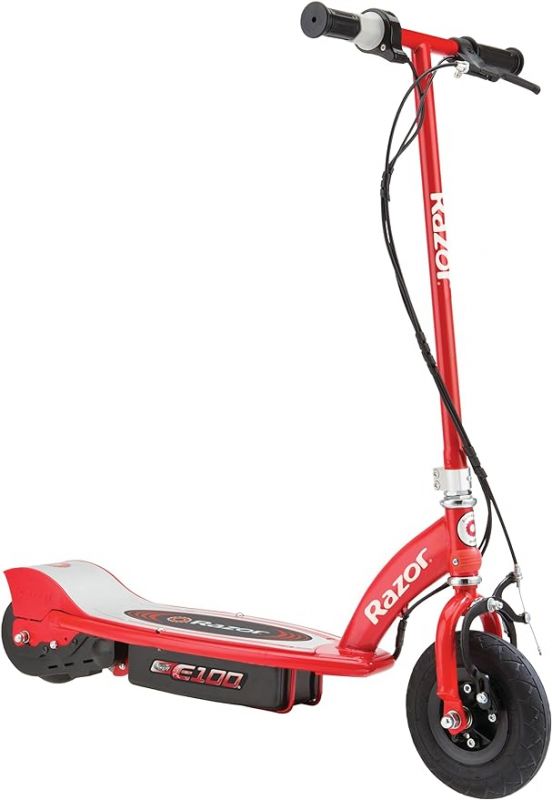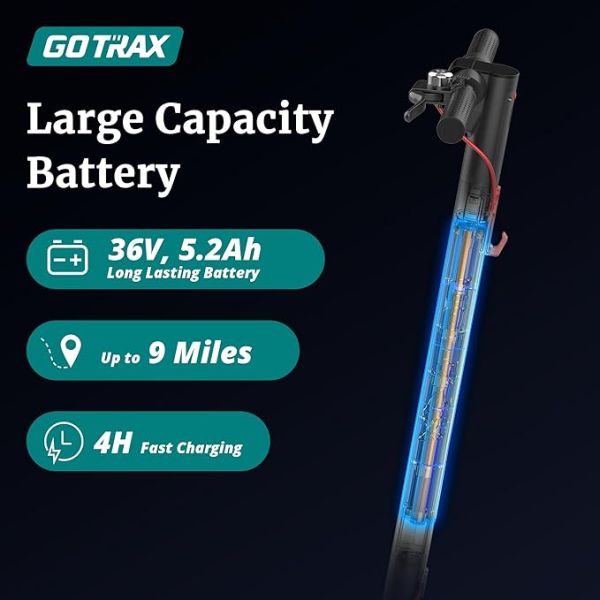The Ultimate Guide to Preparing for Your First Long Bike Ride
- 1. Build Your Fitness Gradually
- Start Training Early
- Practice Fueling & Hydration
- 2. Choose the Right Bike & Gear
- Bike Setup
- Essential Gear
- 3. Plan Your Route
- Key Considerations
- Navigation
- 4. Nutrition & Hydration Strategy
- Before the Ride
- During the Ride
- Post-Ride Recovery
- 5. Dress for Success
- 6. Pace Yourself
- 7. Mental Preparation
- 8. Post-Ride Care
- Final Checklist Before You Go
Embarking on your first long-distance bike ride is an exciting milestone, whether you're training for a charity ride, multi-day tour, or personal challenge. Proper preparation ensures you enjoy the journey while avoiding common pitfalls like fatigue, soreness, or mechanical issues. Follow this step-by-step guide to get ready for the adventure ahead.
1. Build Your Fitness Gradually
Start Training Early
-
Begin with shorter rides (10–20 miles) 3–4 times per week.
-
Increase distance by no more than 10% weekly to avoid injury.
-
Mix in hill climbs and interval training to build endurance.
Practice Fueling & Hydration
-
Ride for 2+ hours to test your energy needs.
-
Eat 30–60g of carbs per hour (energy bars, bananas, gels).
-
Drink 500ml–1L of water per hour (more in heat).
2. Choose the Right Bike & Gear
Bike Setup
-
Tune-up: Ensure brakes, gears, and tires are in good condition.
-
Tire pressure: Check before every ride (PSI depends on tire width).
-
Saddle height: Your knee should have a slight bend at the pedal’s lowest point.
Essential Gear
-
Helmet (MIPS-certified for safety).
-
Padded cycling shorts (prevents chafing).
-
Repair kit: Spare tube, pump, tire levers, multitool.
-
Lights & reflectors (if riding near dusk).
3. Plan Your Route
Key Considerations
-
Distance: Start with 30–50 miles if you're new to long rides.
-
Terrain: Avoid extreme hills if unprepared.
-
Rest stops: Identify water refill points/cafés every 20–30 miles.
-
Weather: Check forecasts and pack accordingly.
Navigation
-
Use apps like Komoot, Ride with GPS, or Strava for pre-planned routes.
-
Carry a phone mount or paper map as backup.
4. Nutrition & Hydration Strategy
Before the Ride
-
Eat a carb-rich meal 2–3 hours prior (oatmeal, toast, bananas).
-
Hydrate well the day before.
During the Ride
-
Snack hourly: Energy bars, dried fruit, or peanut butter sandwiches.
-
Electrolytes: Add tablets to water if sweating heavily.
-
Avoid heavy, greasy foods that slow digestion.
Post-Ride Recovery
-
Refuel with protein + carbs (chocolate milk, eggs, or a recovery shake).
-
Stretch to reduce soreness.
5. Dress for Success
-
Moisture-wicking jersey (avoid cotton—it traps sweat).
-
Cycling gloves (reduce hand numbness).
-
Layers (windbreaker/arm warmers for changing weather).
-
Sunscreen & sunglasses (protect from UV rays).
6. Pace Yourself
-
Start slower than you think you need to.
-
Take 5–10 min breaks every 1–1.5 hours.
-
Shift gears often to maintain a steady cadence (~80–90 RPM).
7. Mental Preparation
-
Break the ride into smaller segments (e.g., "Just 10 more miles!").
-
Listen to podcasts/music (use one earbud for safety).
-
Ride with a friend for motivation.
8. Post-Ride Care
-
Cool down: Ride slowly for the last 5–10 minutes.
-
Stretch: Focus on hamstrings, quads, and lower back.
-
Rest: Schedule a recovery day or light activity the next day.
Final Checklist Before You Go
✅ Bike tuned up?
✅ Spare tube/tools packed?
✅ Route mapped?
✅ Snacks and water ready?
✅ Weather-appropriate clothing?







